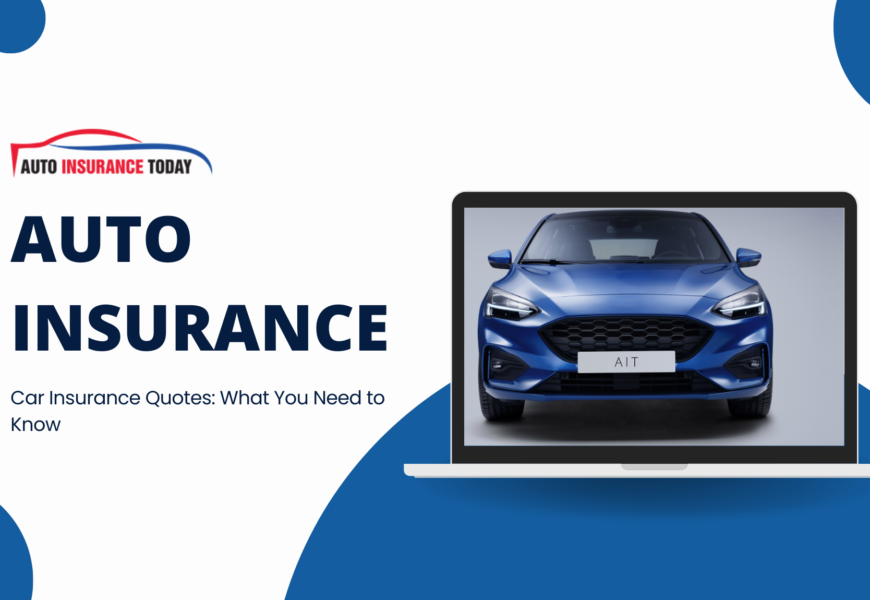When looking for car insurance, comparing quotes is a vital step to ensuring you get the right coverage at the best price. Here’s a breakdown of key factors to consider when obtaining car insurance quotes, helping you make an informed decision.
1. Coverage Types
Car insurance comes in various forms, each offering different levels of protection. The most common types include:
- Liability Insurance: Covers damages or injuries caused to others in an accident you’re responsible for.
- Collision Coverage: Pays for damage to your vehicle after a crash, regardless of fault.
- Comprehensive Coverage: Protects against non-collision-related incidents such as theft, fire, or weather damage.
- Personal Injury Protection (PIP): Covers medical expenses for you and your passengers.
- Uninsured/Underinsured Motorist Coverage: Helps cover costs if the other driver has insufficient insurance.
Understanding the different coverage options will allow you to select the one that fits your needs best.
2. Factors That Influence Your Quote
Car insurance quotes are personalized, with several factors influencing the price, including:
- Driving Record: A clean record can lower your premium, while accidents or traffic violations may increase it.
- Age and Gender: Young, inexperienced drivers and male drivers typically face higher rates.
- Location: Urban areas with higher traffic and crime rates can lead to higher insurance costs.
- Type of Vehicle: High-performance cars or vehicles with expensive parts often come with higher premiums.
- Credit Score: In some regions, insurers consider your credit score as an indicator of risk.
3. Discounts You Can Leverage
Most insurance companies offer a variety of discounts that could lower your premiums:
- Bundling: Combining home and auto insurance with the same provider can result in significant savings.
- Safe Driver Discounts: Maintaining a good driving record can help you qualify for a reduced rate.
- Vehicle Safety Features: Cars equipped with anti-theft devices, airbags, or anti-lock brakes can earn discounts.
- Low Mileage: Driving fewer miles annually can lead to a lower premium.
4. Comparing Quotes Effectively
When obtaining car insurance quotes, it’s important to compare them on an equal basis:
- Ensure Consistent Coverage: Make sure each quote provides the same coverage limits and deductibles.
- Understand the Fine Print: Be aware of what’s covered and any exclusions or additional fees.
- Check the Company’s Reputation: Research the insurance company’s customer service record and claims process.
5. Deductibles vs. Premiums
The deductible is the amount you pay out-of-pocket before insurance kicks in after a claim. Higher deductibles generally lead to lower premiums, but they also mean higher out-of-pocket costs in case of an accident. Striking the right balance between deductible and premium is crucial to finding the right policy for your budget.
6. The Importance of Customer Service
In addition to pricing and coverage, the quality of an insurer’s customer service and claims handling should be a critical factor in your decision. Timely claim processing, responsive agents, and an easy-to-use online portal can make all the difference when you need support the most.
Final Thoughts
Obtaining car insurance quotes is more than just finding the cheapest option; it’s about understanding what you’re paying for and ensuring that your coverage meets your needs. By comparing different quotes and evaluating coverage, discounts, and customer service, you’ll be better equipped to choose the best insurance policy for your situation.










